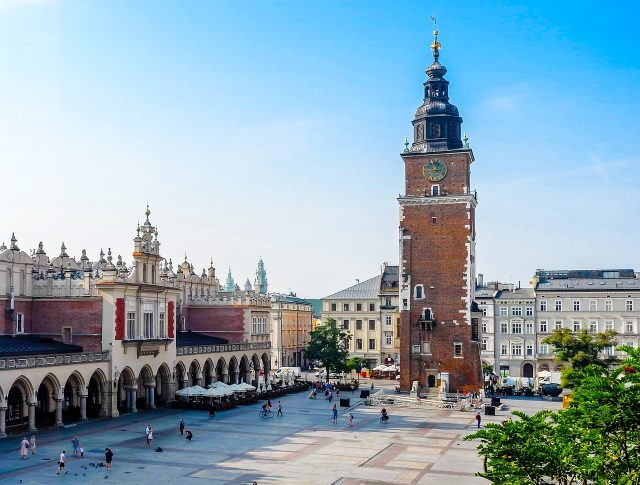
1 January 2025 marks the beginning of the Polish Presidency of the Council of the European Union.
Warsaw, which takes over from Hungary, will assume this role for the second time in its history, after its presidency in 2011. The Polish semester takes place in a context of global political and economic challenges, with clearly defined priorities and a key focus on security. Poland’s agenda is structured around one key word: security. This concept is addressed in seven key dimensions: external security, internal security, cyber, energy, economic, food and health. Poland is among the EU countries that invest most in defence, allocating 4.7% of GDP to the sector in 2025.
One of Warsaw’s main objectives will be to strengthen transatlantic relations. Cooperation with NATO countries and non-EU partners, such as the United States, the United Kingdom and South Korea, will be at the heart of the agenda. This task is even more important with the arrival of the new Trump administration, which requires a balance between maintaining good relations with Washington and managing potential differences. Although Poland is ready to play the role of “honest broker” traditionally associated with the rotating presidency, some internal issues may influence its action. The presidential elections scheduled for May 2025 may distract the government’s attention from EU tasks. However, past examples show that this concurrence can be managed effectively.
Internationally, EU enlargement poses a significant challenge. Poland is a major supporter of Ukraine, but the electorally influential Polish agricultural sector opposes the suspension of tariffs on Ukrainian imports. Warsaw will have to balance strategic support for Kiev with internal pressure to protect national economic interests. In terms of energy, Poland faces a complex transition. Historically dependent on coal, the country has not distinguished itself as a supporter of the European Green Deal. During the presidency, it could try to refocus the discussion on energy security rather than climate sustainability.
Migration pressure on the EU’s eastern border, fueled by hybrid attacks from Belarus and Russia, is another relevant issue. Poland is proposing the introduction of the “Eastern Shield” (Tarcza Wschód), a system that combines physical barriers and surveillance technologies to strengthen the borders. This initiative has already received support from NATO members, including the Baltic states. The Polish semester coincides with the first 100 days of the new European Commission, led by Ursula von der Leyen. The presidency will be responsible for initiating discussions on a series of significant legislative acts that will be considered by the European Parliament and the Council.
The relationship between Warsaw and Brussels, which has improved since the Hungarian semester, is facilitated by the cooperation between Polish Prime Minister Donald Tusk and President von der Leyen. This climate of cooperation offers the opportunity to move forward on complex dossiers and find compromises that benefit the entire Union. Poland is well-prepared for the EU Council Presidency, having trained over a hundred diplomats on EU procedures. However, the success of the presidency does not depend solely on Warsaw. As Cordelia Buchanan Ponchzek of the Finnish Institute of International Affairs points out, other member states must also be ready to work together in a particularly tumultuous period. With a strong security agenda and determined leadership, Poland has the opportunity to make a lasting impact during its term at the helm of the EU Council. However, the internal and external political environment requires balance and pragmatism to address complex challenges, while promoting unity and cooperation within the Union. The Polish presidency presents itself as a test case for the future of the EU, where security, stability and innovation will be the key pillars to address global uncertainties and consolidate Europe’s role in the world.



 Subscribe
Subscribe